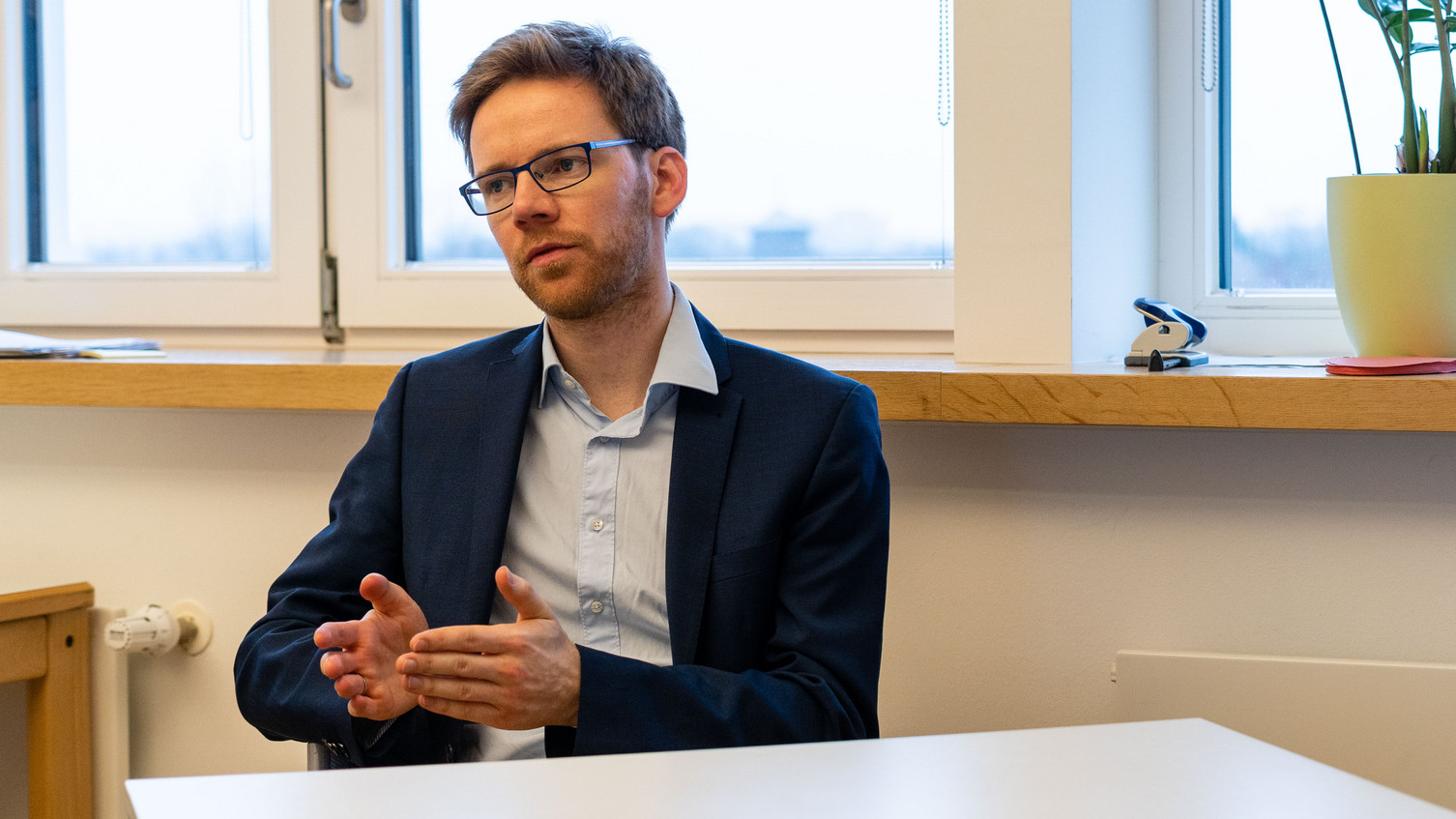Biodiversity loss: “The market alone cannot regulate this”
2024-11-21 Many consumers are willing to pay more for biodiversity-friendly products. However, the price increase does not reflect the actual quality of the product. The results of the study alarm Prof. Dr. Jacob Hörisch, an economist specializing in sustainability: ”There is no incentive for industry to produce in a significantly more sustainable way.”
“Consumers will not end the biodiversity crisis,” says Prof. Dr. Jacob Hörisch, summarizing the results of his current study. The team of authors surveyed around 500 people, representative of the German population: How much money would you pay for this toilet paper? The researchers also provided information: How biodiversity-friendly the product is. One toilet paper, for example, was ten percent better than the industry average and another was five times as good. Nevertheless, the subjects offered the same price for both products. “So there is no incentive for companies to produce in a significantly more biodiversity-friendly way. They would have to invest more, but would not earn more,” says Jacob Hörisch.
One explanation for consumers' behavior may be the complexity of the biodiversity crisis. “We are not only talking about species extinction, but also about shrinking gene pools or reduced ecosystem functionality,” explains Jacob Hörisch. Although it is now possible to calculate a measure of biodiversity similar to the CO2 footprint, the biodiversity footprint is still largely unknown. ‘We need to act urgently on this,’ explains the researcher.
He believes that laws can bring about the necessary changes: “We have to become five times as sustainable as we are today in order to operate within the planetary boundaries.” In addition to rules, a negative label could also help: “We see this with electronic devices or cigarettes. No one likes to buy products with a warning label.”

